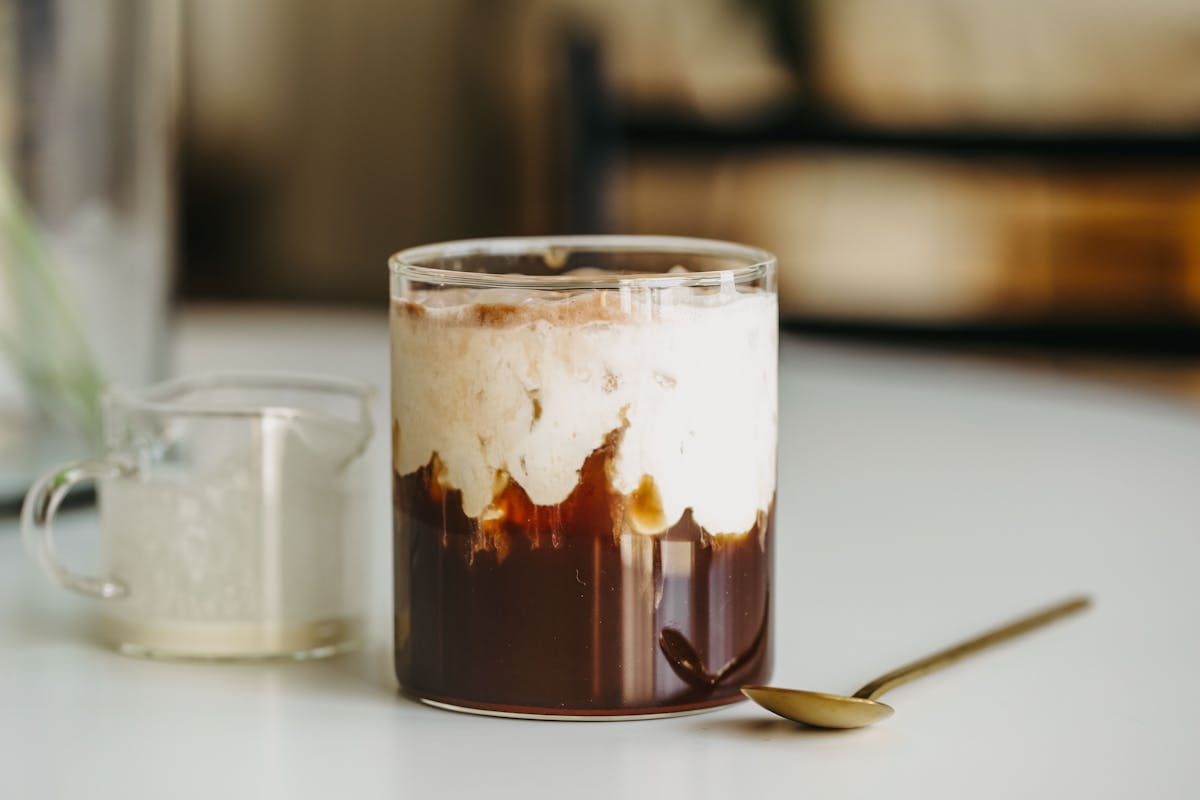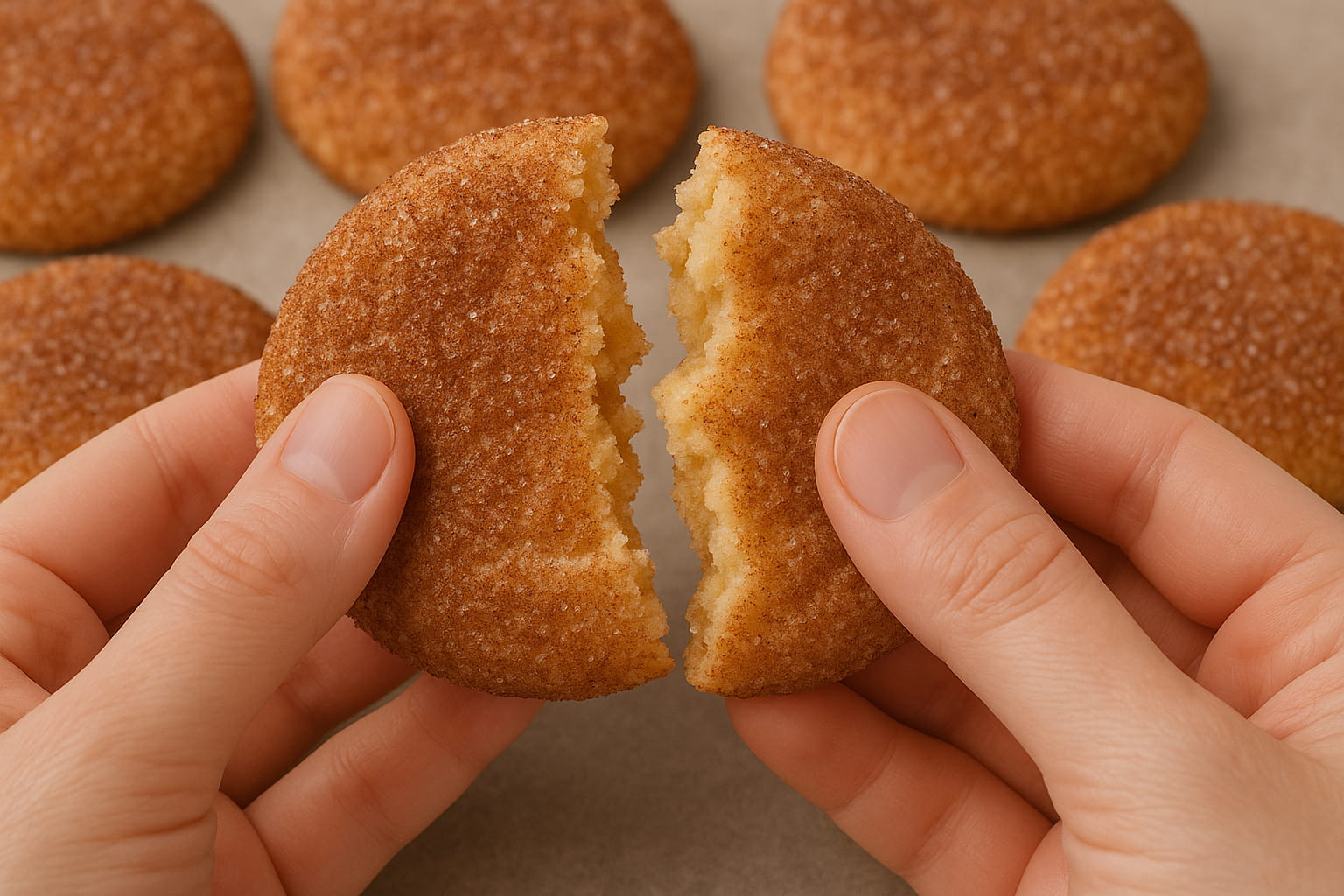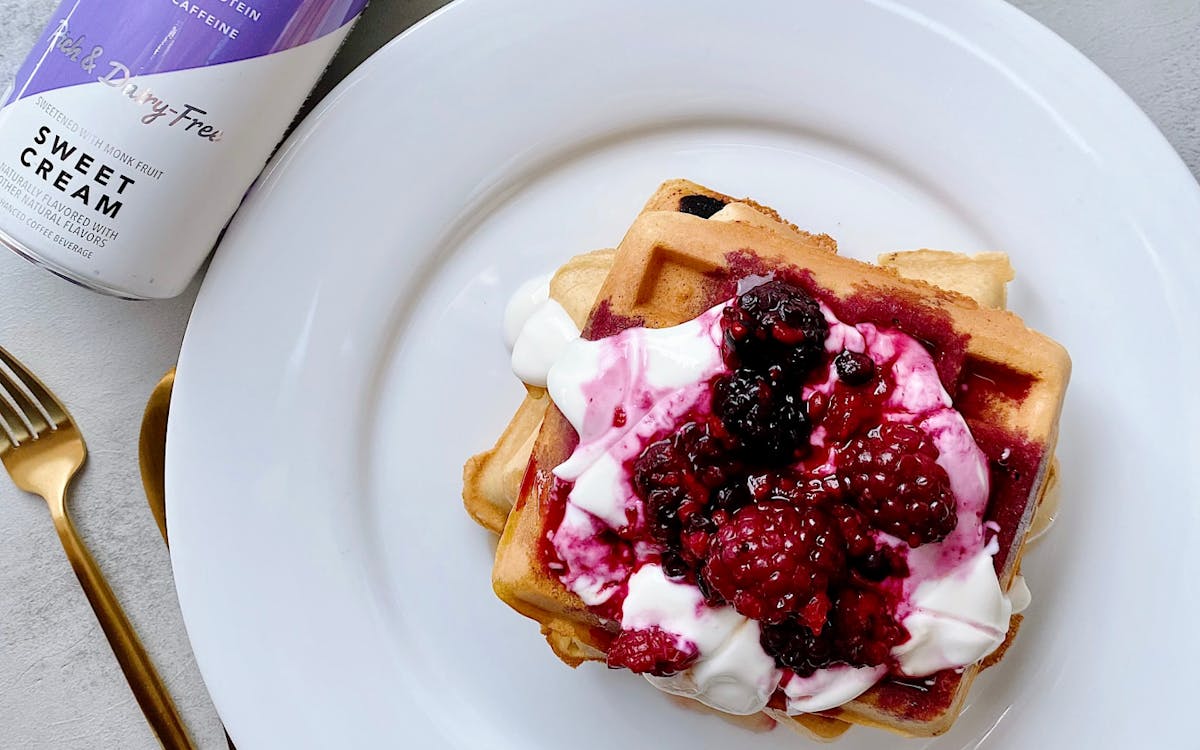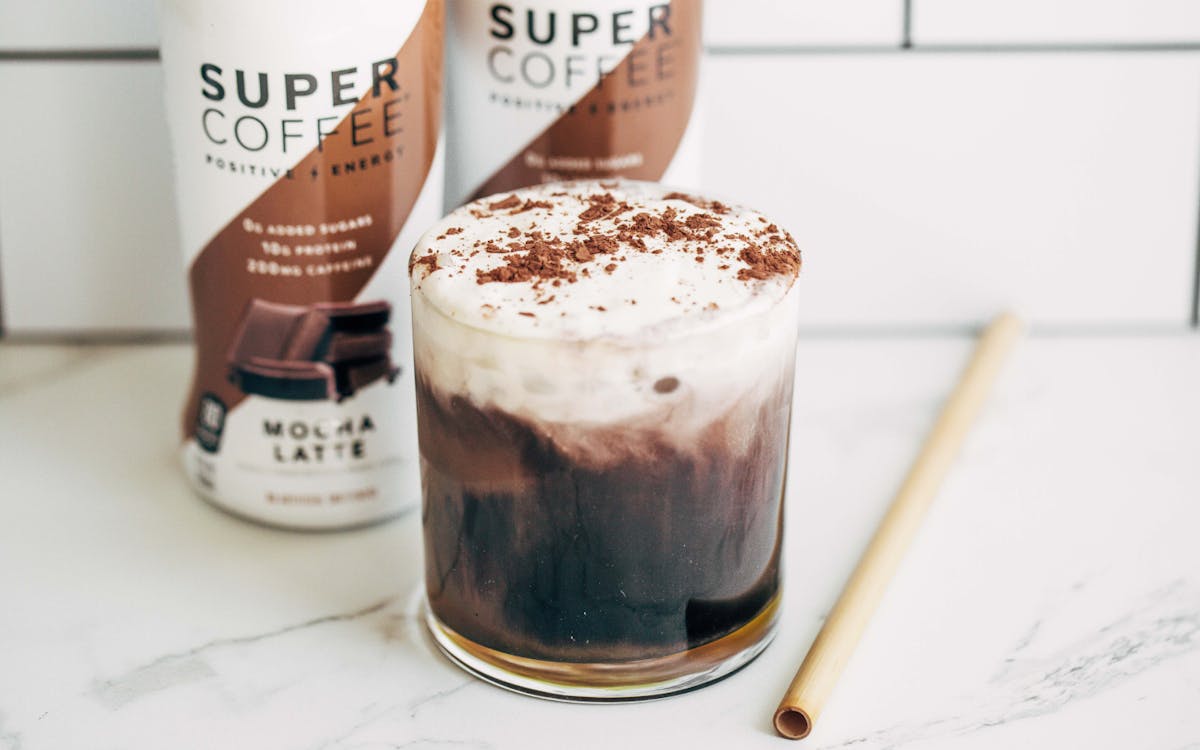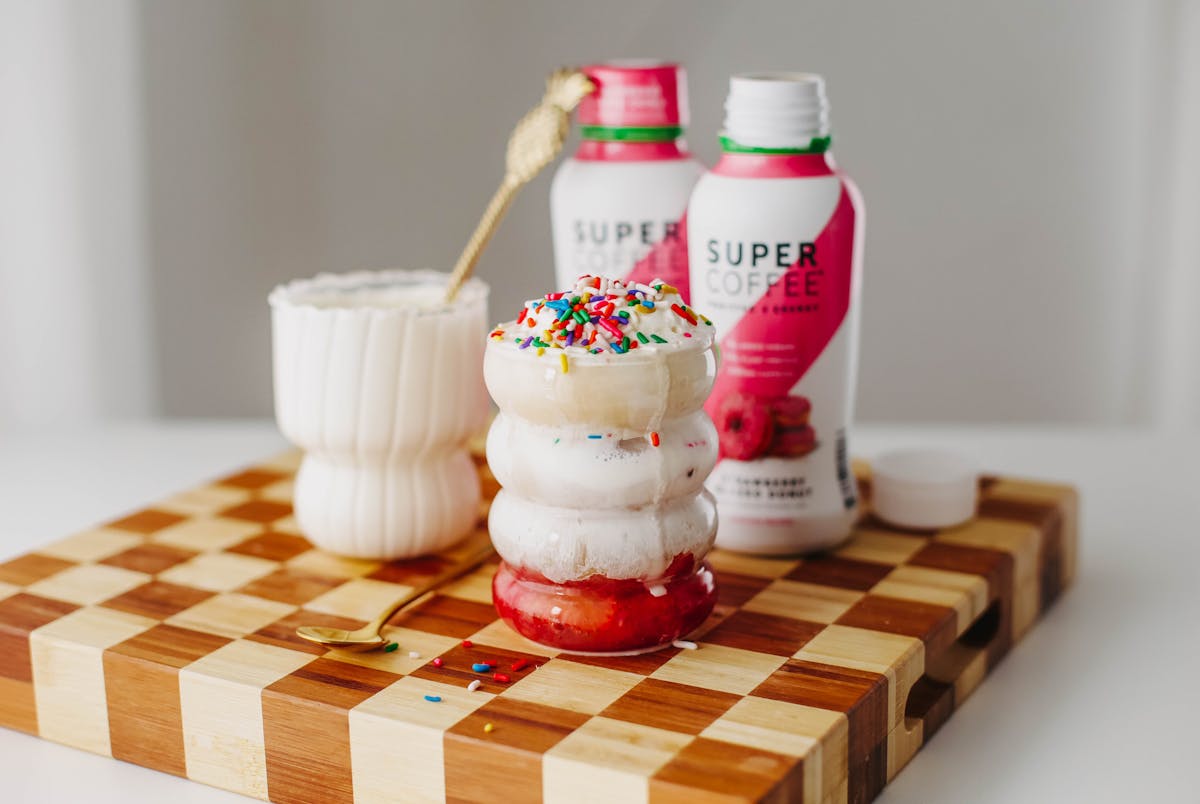Yes, black coffee is good for you.
Oh…you were looking for more information than that? No problem.
You can look at the question from two perspectives.
The most popular beverage in America is bottled water, with a 25 percent share of the market. Carbonated soft drinks are a very close second; beer, fruit juice, sports drinks and energy drinks are all in the top ten. And black coffee is better for you, by far, than all of them. We’d understand if you wanted to debate the question of bottled water vs. black coffee, but the truth is that coffee has many more health and wellness benefits.
The other way to interpret the question is to consider – and debunk – the potential side effects that lead some people to say black, caffeinated coffee is bad for you.
- It can make you jittery and make it difficult to sleep: Yes, that can happen to coffee drinkers who consume way too much. But “way too much” means well over four cups per day – and even then the side effects are short in duration and not really serious in nature.
- It can cause high blood pressure: True, but usually that’s just right after you drink a cup. After that, blood pressure returns to normal. In fact, there’s research showing that regular, heavy coffee drinking may eventually lower blood pressure.
- It’s bad for pregnant and nursing women, and children: Again, probably true. The women should only drink a couple of cups per day, and the children shouldn’t drink it at all. Problem solved.
- It can increase cholesterol levels: Only in a small number of people who drink unfiltered coffee. No other issue has been documented.
Bottom line: drinking black coffee is not bad for you.
So let’s find out why it’s so good for your health.
What’s NOT in Black Coffee
Calories. And carbohydrates.
When you add milk and two teaspoons of sugar to your coffee, you’re adding both calories and carbs. A lot of them. Regular coffee (with milk and sugar) contains about 50 calories and nearly ten grams of carbohydrates.
Drinking coffee with cream instead of milk? The carbs go down, but the calories go way up. And since the average American coffee drinker downs more than three cups of coffee a day, that’s between 150 and 300 calories, plus all the carbs. You get your coffee drinks at Starbucks? There are 190 calories and 19 carbs in a grande latte, and a whopping 370 calories and 43 carbs in a caffe mocha.
Black coffee, by comparison, contains two calories and well under a gram of carbs.
Perhaps you use low-calorie artificial sweeteners and coffee creamer instead. Sugar substitutes may be better when it comes to calories and carbs, but unless you use healthy natural alternatives like monk fruit extract or stevia, there are health issues to consider.
Artificial sweeteners have been linked to the development of metabolic syndrome and type 2 diabetes, they wreak havoc with good bacteria in the gut, and they may even contribute to the risk of stroke and dementia. They make you crave sugar, too.
When you drink your coffee black, you don’t have to worry about any of that. There are no side effects to speak of, except perhaps the jitters or insomnia if you drink more than 4-5 cups per day. (A few people experience interactions between caffeine and their medications, or see their cholesterol levels rise if they boil their coffee instead of filtering it. But those issues are extremely rare.)
In other words, black coffee isn’t bad for you, and it’s a much better choice than coffee taken any other way.
But that’s really not the question you asked. You wanted to know if black coffee is good for you.
It is. It’s very good for you, because it contains substances with impressive health benefits.
What IS in Black Coffee
You thought we were going to start with caffeine, right? Don’t worry, we’ll get there. But let’s start with the “other stuff” that’s in coffee.
Antioxidants
Coffee beans are very high in antioxidants, the crucial compounds that help the body fight the effects of oxidative damage from free radicals. That damage speeds the aging process and contributes to all sorts of illness and diseases, including cancer.
Dietitians and nutritionists will tell you – and your mother has told you for years – to eat your vegetables, because they supply important antioxidants. (Well, maybe your mother didn’t mention the nutritional details.) But it turns out that coffee is the primary source of antioxidants in most American diets.
The antioxidants in coffee include polyphenols like chlorogenic acids and quinines, which also provide anti-inflammatory and antibacterial effects. We’d certainly call all of that “good for you.”
Vitamins and Minerals
Disclaimer: black coffee doesn’t contain the same amounts of dietary nutrients as kale, liver, avocado or blueberries.
Even so, the vitamins and minerals in coffee can still make important contributions to the minimum daily amounts your body needs. There’s vitamin B2, B3 and B5, as well as potassium, calcium, manganese and magnesium in every cup of black coffee, and we’d say that’s definitely “good for you.”
Caffeine
And here’s the star of our show.
Coffee is high in caffeine content. There are almost 100 milligrams of caffeine in an eight-ounce cup of black coffee; by contrast, a cup of tea contains just 28mg and a can of Coke contains 34mg. Only energy drinks (standard ones like Red Bull and Monster contain 110-160mg) and energy shots (around 200mg) are more powerful than black coffee.
The amount of caffeine in coffee is primarily determined by the type of coffee beans it’s made from (robusta beans have twice the caffeine of Arabica beans). There’s more caffeine in dark roast coffee, but only because you need more grounds to brew it.
(Fun fact: you can’t squeeze more caffeine out of the beans with a French press or espresso machine. You’d need more pressure than those methods can produce.)
But here’s the big question for our purposes: is there more caffeine in black coffee?
Not exactly; the amount of caffeine in coffee doesn’t change when you add milk or sugar. What does change, though, is how much coffee you can put into a cup, if there’s also milk or cream in it. Since you’re putting “less coffee” in your cup, you’re essentially getting less caffeine – and fewer of the caffeine’s benefits.
What are those health benefits of coffee that can be attributed to caffeine? Glad you asked.
Wakefulness
We’re not sure if this is literally a health benefit, but it’s certainly beneficial for your health if you’re awake when you’re driving to work.
Most of us drink coffee to wake up in the morning, or to stay awake when we’re getting drowsy at work. That’s not a surprising benefit. And since black coffee isn’t diluted by additives, it helps with wakefulness more than coffee with milk or cream.
You knew that. Here’s what you probably didn’t know. Caffeine doesn’t really wake you up or keep you awake; it actually just keeps you from feeling sleepy. That’s because it blocks the brain’s adenosine receptors, which are responsible for handling nervous system messages that tell the body to “get tired.”
Until the caffeine in your cup of joe wears off, the brain is simply unable to tell the body to feel sleepy. That explains why it’s easier to fall asleep at night when you drink decaffeinated coffee.
One more thing: as a stimulant, caffeine causes the release of “feel-good” and “fight-or-flight” hormones like dopamine and adrenaline. They boost your energy levels and your mood.
Brain Function
It’s easier to think when you’re not tired, of course, but that’s not the only cognitive benefit that the caffeine in coffee provides. Research shows that caffeine also helps to improve memory performance, attention span and reaction time.
Decaf coffee does helps with brain function to a lesser extent, thanks to the chlorogenic acids it contains. The caffeinated stuff is most effective, though.
There’s an important corollary: black coffee can apparently lower the risk of developing neurodegenerative diseases. Coffee consumption helps reduce the risk of Alzheimer’s disease later in life, particularly when it hits 3-5 cups per day. It also contributes to a lower risk of Parkinson’s disease and similar diseases.
Weight Loss
It’s not surprising that black coffee, with its very low calorie levels, is one of the healthiest beverages to choose when you’re on a diet. As it turns out, however, there are even better reasons to drink it. Caffeine helps to increase fat burning by as much as 30 percent (although it’s more like 10 percent in those diagnosed with obesity). It also speeds up the body’s metabolism so that it burns calories faster and more efficiently.
Heart Health
Caffeine apparently helps prevent heart disease by widening the blood vessels in most parts of the body, increasing blood flow and improving circulation. High blood pressure is also a risk factor for cardiovascular disease, and there’s some research showing that long-term, high levels of coffee intake may help to lower blood pressure.
Other Health Benefits of Black Coffee
We’re not done yet. Whether it’s because of caffeine or the other compounds in coffee, research also shows that:
- Each cup of black coffee consumed per day appears to reduce the risk of type 2 diabetes by about 7%. Decaf also helps, but to a lesser extent. (One caution, though: caffeine does have an unpredictable effect on blood glucose levels in those who already have the disease.)
- There’s evidence that drinking coffee may lead to a reduced risk of both heart failure and strokes.
- The caffeine in black coffee can help ease headache and migraine pain.
- Drinking at least four cups per day appears to significantly reduce the risk of developing cirrhosis of the liver.
- Coffee is a diuretic that causes increased urination, which can help the body clear toxins and bacteria more efficiently.
- With a few exceptions, heavy coffee consumption has been found to help fight the risk of cancer, notably liver cancer, prostate cancer and colorectal cancer. (One of those exceptions: coffee drinking appears to lead to an increased risk of lung cancer.)
There’s one final health benefit of black coffee, and it’s a doozy: research has shown that coffee drinkers live longer.
It’s not clear whether that’s a cumulative effect of all the health benefits of coffee we’ve listed, or whether some benefits have more impact than others. But the numbers are clear – male coffee drinkers have a 20% lower risk of death, females have a 26% lower risk – and the implication is clear as well. Black coffee is unquestionably good for you.

